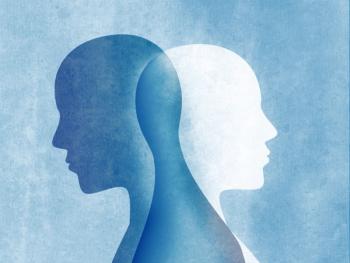
What can philosophy learn from madness?

What can philosophy learn from madness?

A 17-year-old girl starts panicking about sharks thousands of miles from the ocean. Did a movie cause her fear?
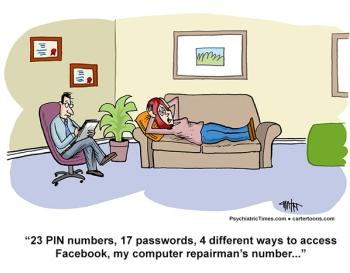
So many numbers, so little time...
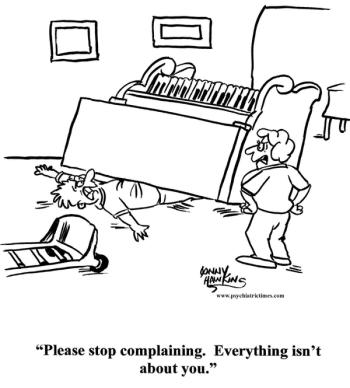
You don't have to make it all about you...

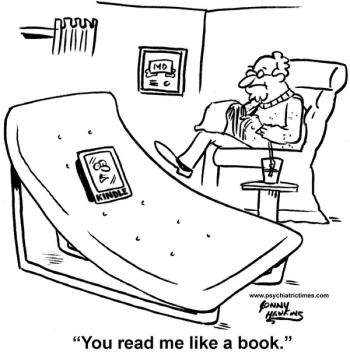
Some people are easier to read than others...
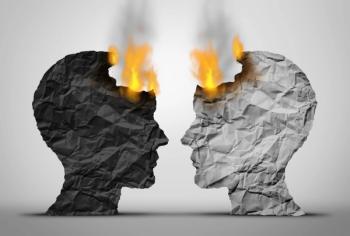
How is “disease” defined? A popular criticism of psychiatry gets debunked.
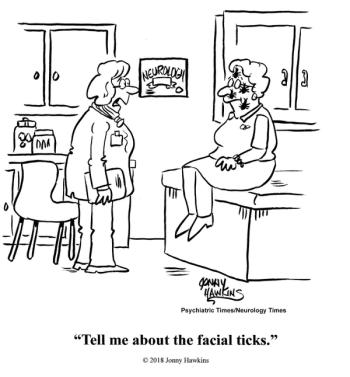
About these facial ticks...

Mental health conditions do not discriminate by race—but mental health treatment might.

Normalizing mental illness, reducing stigma, and the importance of self-care take a giant step forward during the Olympics.
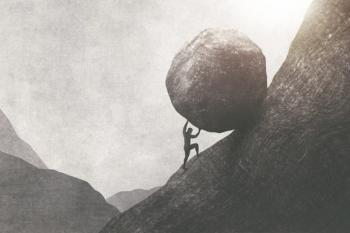
Acknowledging a patient's ability to grow and recover may help them feel more understood despite ongoing suffering.
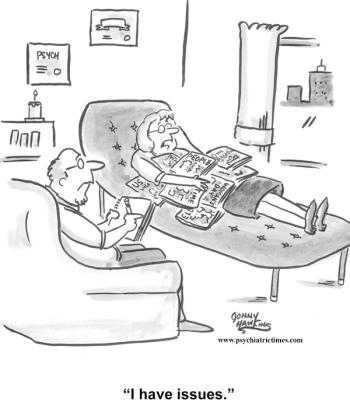
I have issues...

"I can still hear my patient shriek..."
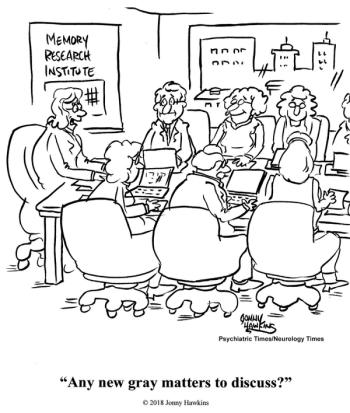
Anything new to discuss...?

How can you increase sensitivity and confidence in working with a patient who has a different cultural background?

Frankness, honesty, and humor make this doctor’s poetry collection special.
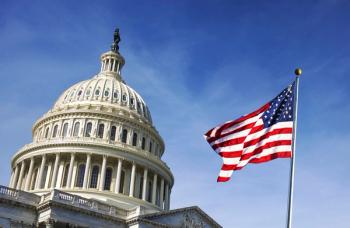
As much as it is important to honor our country, it is also important to honor its ideals and continue the pursuit for such—for everyone.
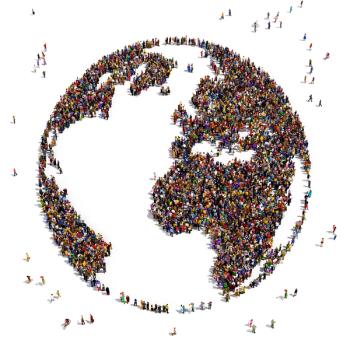
Is depression the same today as it was in the 17th century? Is it the same thing in Nigeria as it is in the United States? One of the foremost historians of psychiatry weighs in.

Sometimes a few simple words help us remember important events.

Psychiatry and spirituality have many things in common, including family dynamics, self-care, emotional intelligence, trauma healing, and suicide prevention.

Poetry allows for reflection a year after a tragedy and a travesty, and to honor a life lost.

Trees, the oldest among us. One wonders if they mourn the many lynchings that have taken place on their limbs. More reflections on diversity.

In this conversation, a former APA president discusses mystical and meditative experiences, reconciling psychoanalysis and neuroscience, and tensions surrounding the medical model.

Overwhelmed and encumbered agencies are increasingly unable to provide critical services for LGBTQ youth, leaving them powerless in impeding a downward spiral into homelessness and associated negative ramifications. There are 5 ways psychiatrists can help.

These 4 disastrous climate change events affected Black Americans disproportionately…